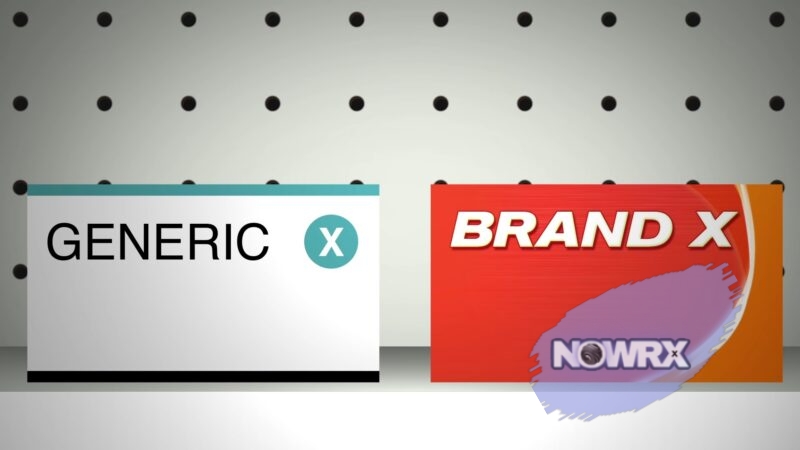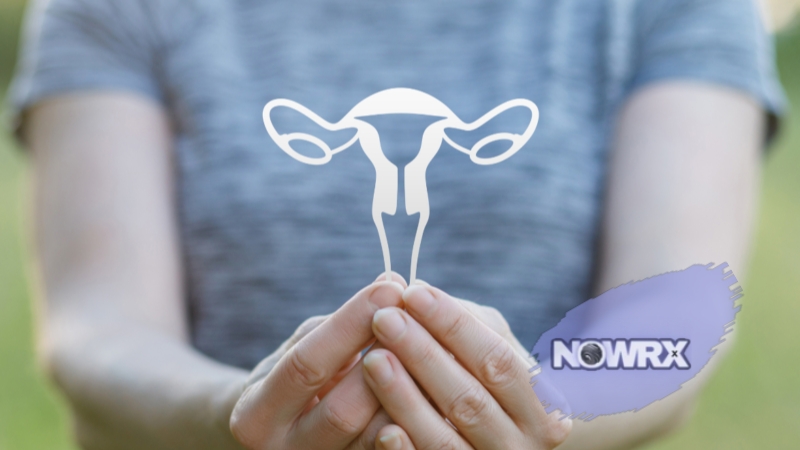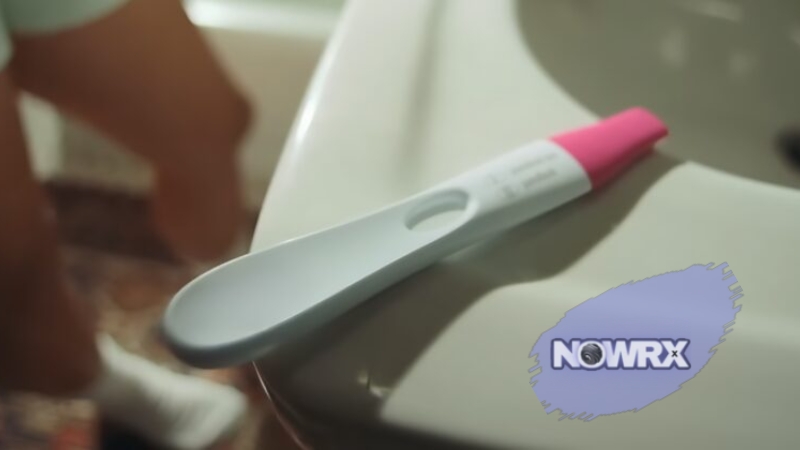Choosing medication can be as simple as picking between a familiar brand and a less expensive alternative. Both aim to treat your health condition effectively. Let’s explore what sets them apart and how they compare in cost and quality.
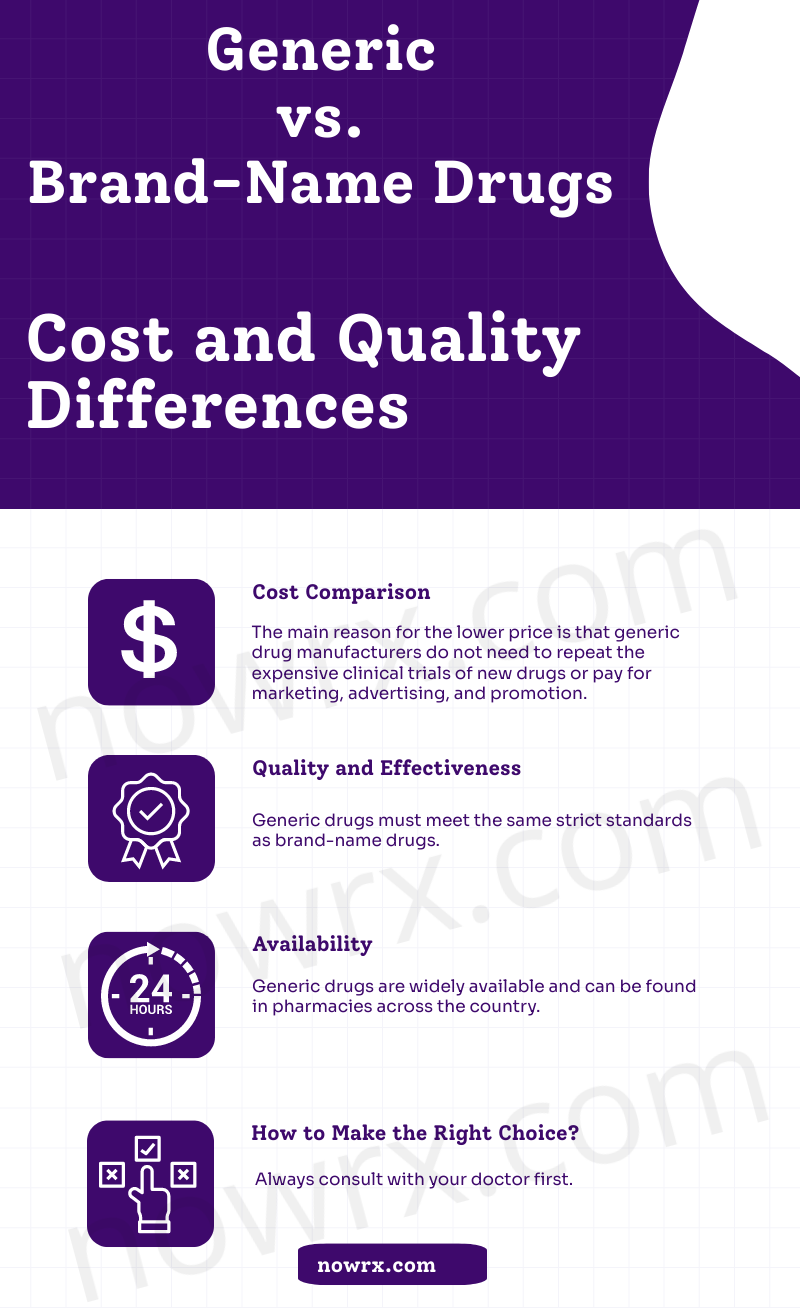
Overview
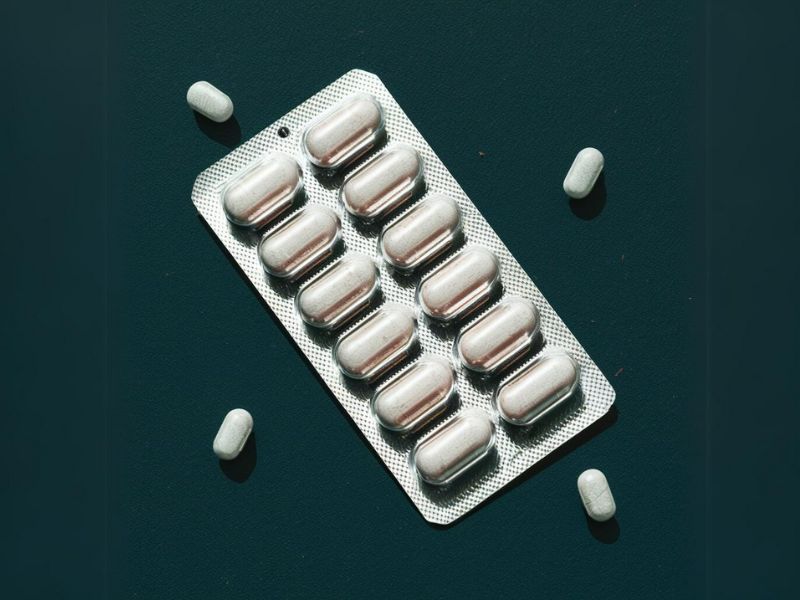
Generic drugs are essentially copies of brand-name drugs and are designed to be the same in terms of dosage, safety, effectiveness, and use. They become available after the brand-name drug’s patent expires, allowing other companies to produce the same medication at a lower cost.
Despite their lower price, generics must pass rigorous testing to meet the strict standards set by regulatory authorities, ensuring they are as safe and effective as the original brand-name drug.
Brand-name drugs are the originals that come directly from the pharmaceutical company that developed them. These drugs are protected by patents for a certain period, allowing the company to recoup the investment made in research and development.
Brand-name medications are marketed under the company’s chosen name and are usually more expensive due to the costs associated with bringing a new drug to market, including research, development, and advertising.
Cost Comparison
Generic drugs often cost significantly less than their brand-name counterparts. The main reason for the lower price is that generic drug manufacturers do not need to repeat the expensive clinical trials of new drugs or pay for marketing, advertising, and promotion.
Despite the lower cost, generic drugs deliver the same medical benefits as brand-name drugs, making them a more affordable option for many people.
A case study[1] provided by Dr Monali S Malvankar-Mehta gives us a clear picture of the real differences:
“Brand-name glaucoma drugs like Cosopt® can cost up to $748.23 annually, while generic versions are significantly cheaper. For example, generic prostaglandin analogs, a common class of glaucoma medication, are 44% less expensive than their brand-name counterparts, saving patients hundreds of dollars each year. Specifically, switching from brand-name prostaglandin analogs to generics could reduce costs by approximately $841.55 over six years, making generics a financially smarter choice for long-term glaucoma care.”
Quality and Effectiveness
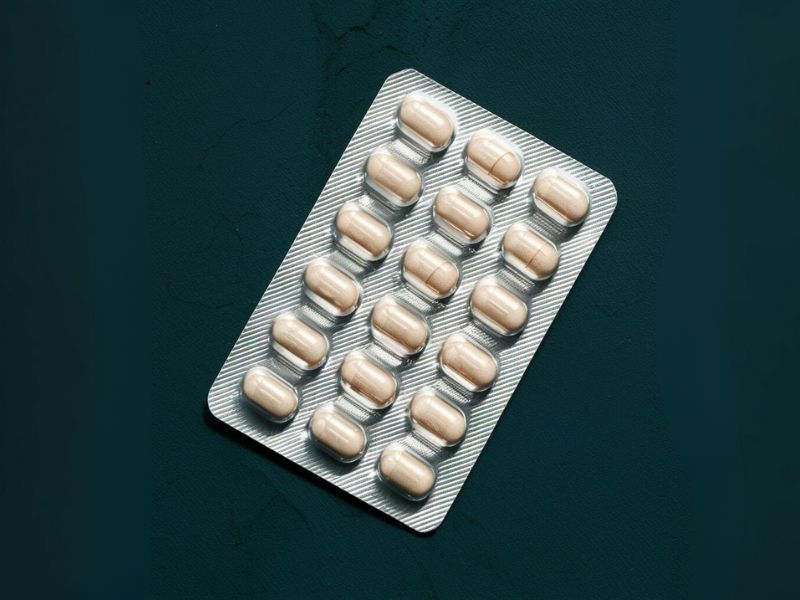
Generic drugs must meet the same strict standards as brand-name drugs. As Shawn Bishop from the Mayo Clinic explains:
“The active ingredients in generic drugs are the same as in brand-name drugs. However, they may look different or have different inactive ingredients, such as fillers or coloring agents. Generic drugs approved by the Food and Drug Administration (FDA) must meet the same rigid standards of strength, quality and purity that are applied to brand-name drugs. For example, they must be manufactured in a way that’s approved by the FDA. In addition, it must be shown that a generic drug provides an identical or nearly identical blood level of the drug compared to the brand version. In short, every type of regulation that’s applied to brand-name drugs by the FDA is also applied to FDA-approved generic drugs.
Shawn also mentions that many people believe that spending more on medicine they see in commercials would ensure better results, which is not the case.
Availability
Generic drugs are widely available and can be found in pharmacies across the country. After a brand-name drug’s patent expires, multiple companies can produce the generic version, increasing its availability.
Insurance companies often prefer these due to their lower cost, which also makes them more accessible to patients.
Experts from MedlinePlus also suggest that generics are a great way to save money. This is especially important for those with chronic conditions. The approach is simple: “Ask your healthcare provider if there is a generic option or a similar, less expensive, medicine for the drug you are taking.”
How to Make the Right Choice?
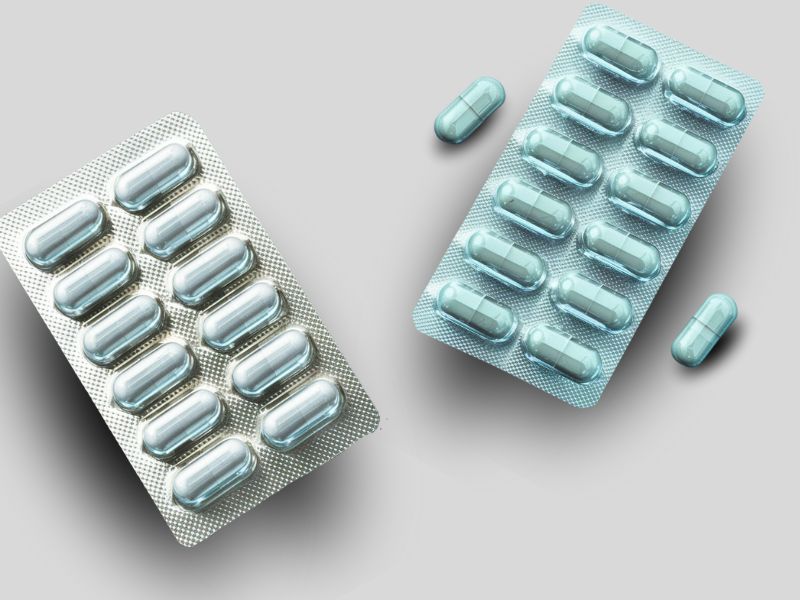
Well, the crucial part is that you should never make such decisions on your own. Always consult with your doctor first.
The reason is that not all drugs have an appropriate generic alternative. Also, some conditions may require keeping up with the exact type of medication all the time during the treatment.
The paper[2] from BMJ Innovations explains more about this:
“One of the primary concerns raised is the potential variability in drug exposure that can occur when switching from a branded medication to a generic one, or even between different generic versions of the same medication. While generics are required to be bioequivalent to their branded counterparts, meaning they should deliver the same therapeutic effect, the paper points out that this does not always guarantee identical efficacy or safety profiles in practice. Small differences in the formulation of generic drugs, such as the use of different fillers or binders, can affect the drug’s absorption and, consequently, its effectiveness and tolerability for the patient.”
Still, generics remain a proper alternative in most cases. Kevin Hein further explains that it is common in many states that the doctor will always recommend a generic drug, or even regulated by law.
And if you are still worried about the safety of generics, we’ve found a research that proves that the effects are mostly the same.
Rishi J. Desai and his team published a study[3] in PLOS Medicine. The study used data from two big US insurance databases. The researchers wanted to see if doubts about generic drugs influenced their results. Authorized generics (AGs) were used as a control group. AGs are identical to brand-name drugs but are sold as generics.
Over 3.5 million patient records were checked for eight different drugs. These drugs are for long-term conditions like diabetes and high blood pressure. The results showed that generic drugs are as effective as brand-name drugs. Big differences in effectiveness weren’t found. Sometimes, generic drugs did a little better or a little worse than brand-name drugs. However, these small differences were likely due to other factors, not the drugs’ effectiveness.
Conclusion
Choosing between generic and brand-name medications is a significant decision that affects both your health and finances. Generics are just as effective and safe as brand names, meeting the same rigorous standards. It’s essential to consult with a healthcare provider to determine the best option for you. With the right information, you can make an informed choice about your medication, ensuring you get the necessary treatment at a cost that’s manageable.
References
- https://www.dovepress.com/north-american-cost-analysis-of-brand-name-versus-generic-drugs-for-th-peer-reviewed-fulltext-article-CEOR
- https://innovations.bmj.com/content/bmjinnov/6/1/39.full.pdf
- https://journals.plos.org/plosmedicine/article?id=10.1371/journal.pmed.1002763
Drake Holloway, 45, is a pharmacist and freelance blog writer for NowRx.com. He uses his professional background to provide information and opinions on diverse subjects to those seeking guidance.

